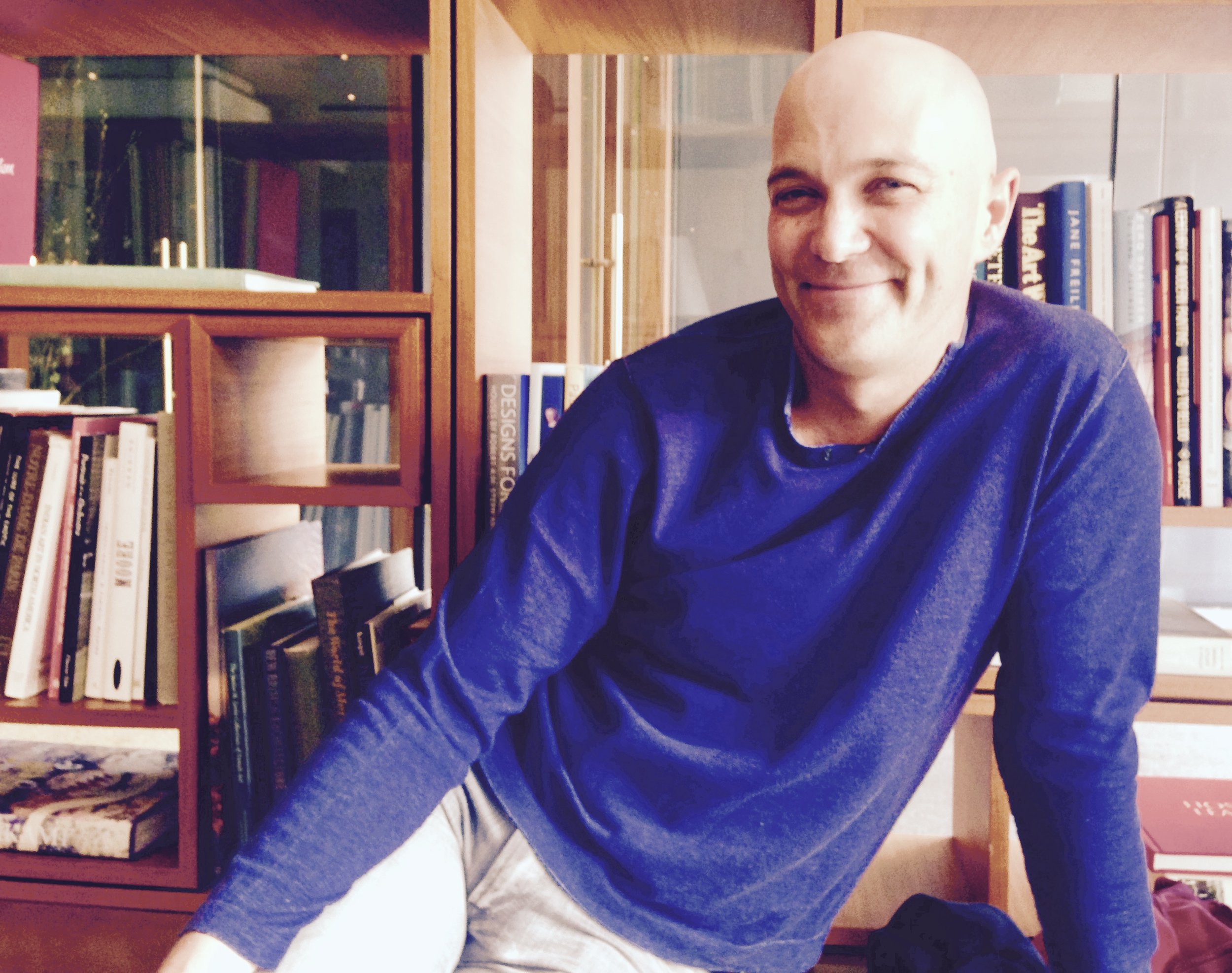My Taylor Mac Talk About His 24-Hour Marathon Show
Photo by Frank Rizzo
In 2015, I again interviewed Taylor Mac when he performed just one part of his legendary 24-hour marathon work at New Haven’s International Festival of Arts & Ideas. He returned to the state in 2019, this time for a talk — and another part of that epic show show — to Wesleyan University in Middletown. . The 24-hour show is now the subject in a terrific HBO documentary. Here is a piece I wrote then to advance the Wesleyan event.
By FRANK RIZZO
Taylor Mac’s “A 24-Decade History of Popular Music” was a sensation when — after years of presenting the work in two-, six- and 12-hour segments — he finally performed it as a 24-hour, non-stop theatrical epic in 2016.
The work, a subjective history of American culture and dysfunction since 1776, highlights various musical styles and artistic voices, ranging from murder ballads to disco, from Walt Whitman to David Bowie: 24 costume changes and 246 songs in all. The show was a Pulitzer Prize finalist and earned Mac the MacArthur “genius” Grant.
Mac, 46, who presented a two-hour segment of the show at 2015’s International Festival of Arts & Ideas in New Haven, dealing with the decades of the 1980s and 1990s, will bring a two-hour, much-abridged presentation of the show at Wesleyan University’s Center for the Arts in Middletown Sept. 21 at 7:30 p.m. There will also be a free “Conversation with Taylor Mac” on Sept. 20 at 6 p.m. at Memorial Chapel, 221 High St.
Mac says he will tailor the Middletown show to the Zeitgeist of the day, inspired by “what’s happening in the world. Right now what I’m most interested in singing songs of resistance from our history. One guess why.”
I asked him to name a few of favorite moments of his 24-hour marathon.
— “The very first number was very emotional because I had building this show for six years, and when I walked out there was so much love from the audience. It was a great way to start what was to be one of the most challenging experiences of my life. People were rooting for you instead of with arms crossed waiting for you to ‘prove it,’ which is what usually happens in the theater.”
— “One of my favorite moments was when we got the entire audience of 800 to slow dance together. It wasn’t just dancing with someone you knew, really, and it opened everyone up emotionally, especially after 18 hours of performing. I think we’re going to do it on this New England tour.”
— “This happened at the end of four six-hour shows in Melbourne. I had everyone, sitting peacefully now, sing this song’s refrain at the end of the show. But they wouldn’t stop singing it, even after the lights went out. They kept singing it — for like 10 minutes more. To go through the whole show and then see the audience wanting the work to continue just a little bit longer, that was quite emotional.”
— “In the 24-hour show, we begin with 24 musicians and we would then lose a musician after each hour until in the final hour it was just me and the ukulele. But in the penultimate hour, it was just me and the music director/arranger, Matt Ray. After playing all these hours with me, it was time for him to leave the stage, and he just lost it. He broke down and the audience was cheering for him.”

